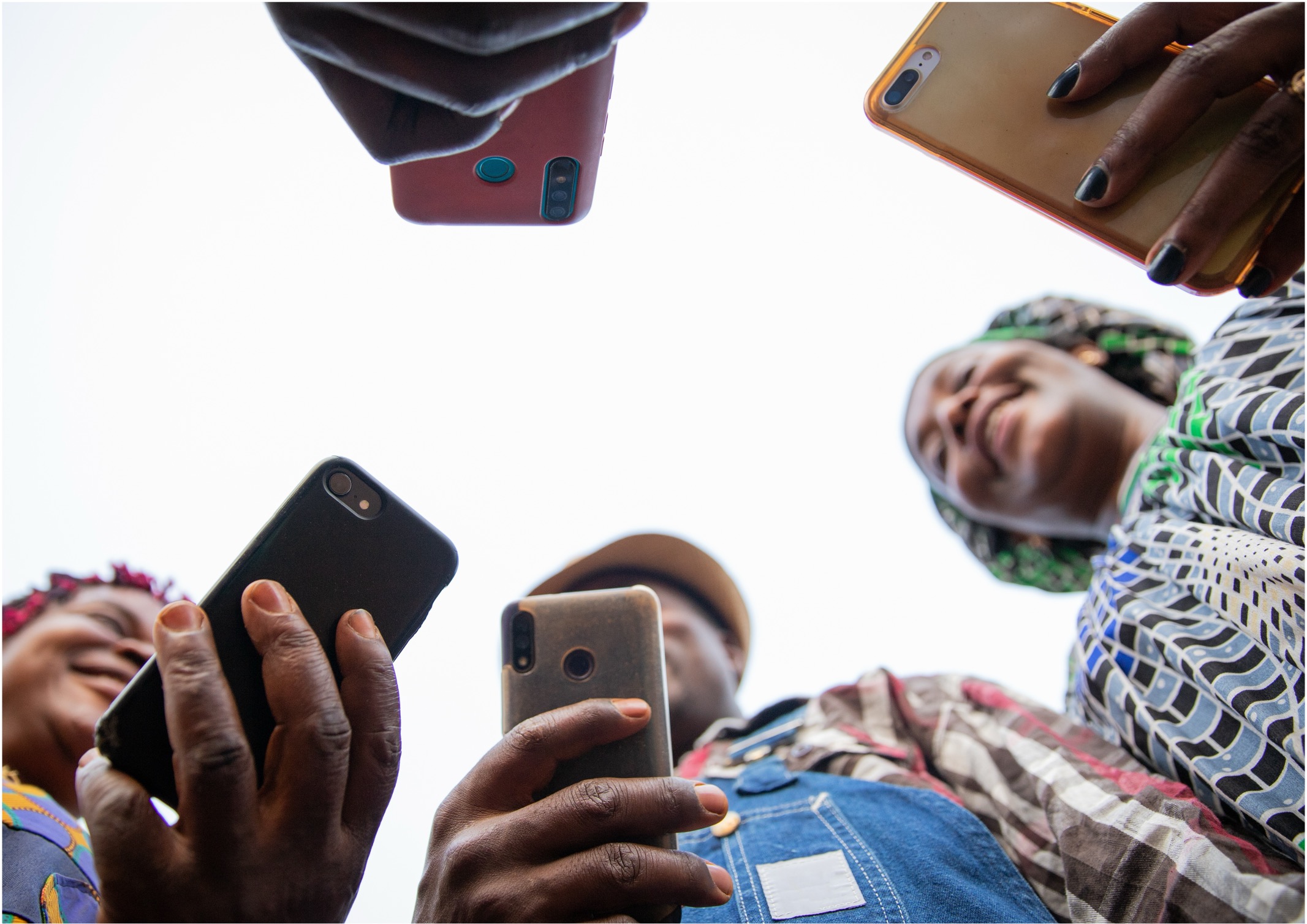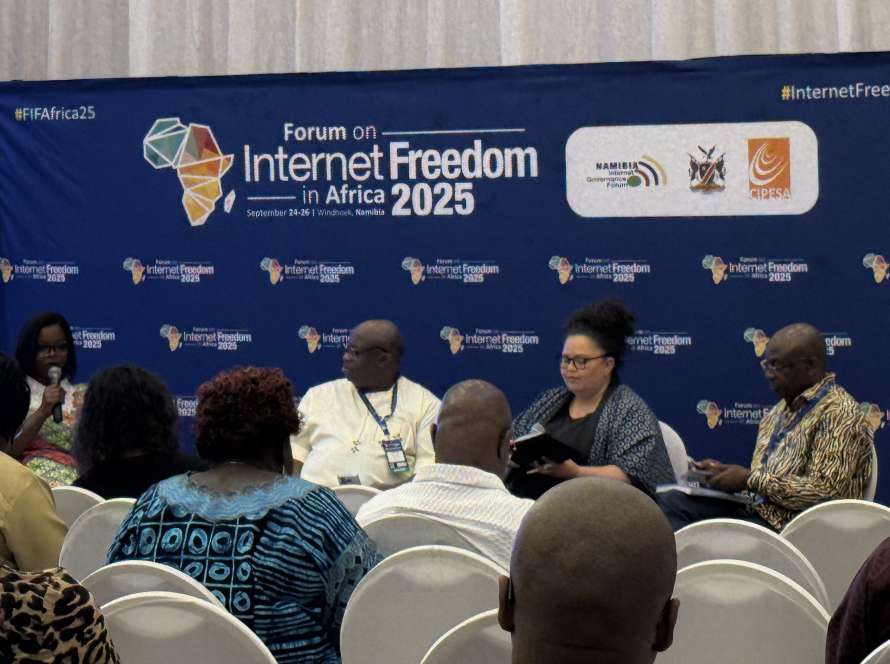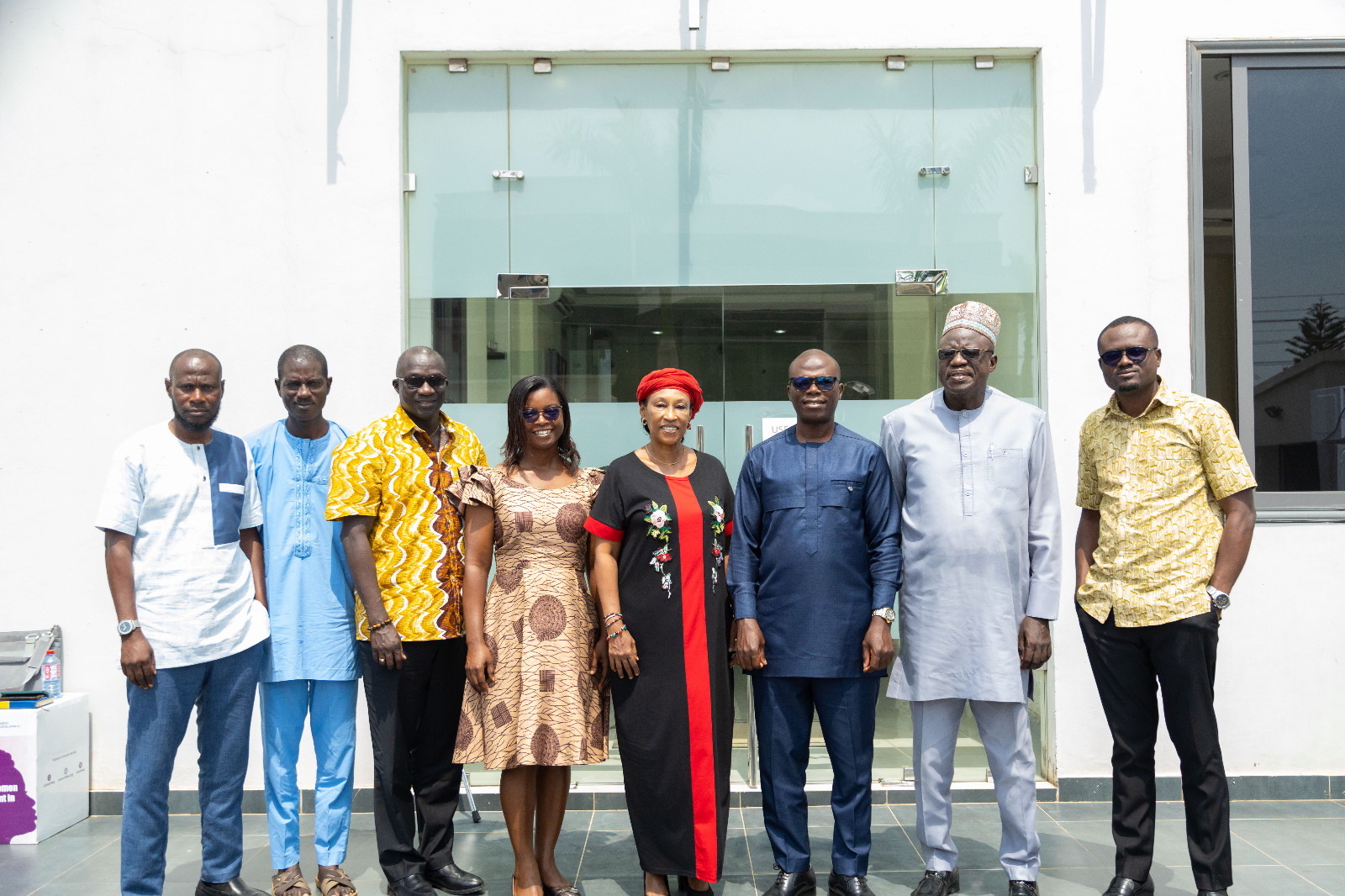About twenty years ago, two important global summits, the World Summit of Information Society (WSIS), were held to discuss the development and governance of digital technologies, critical internet resources and framework for cooperation, among others.
The 2003 Summit, also known as the Geneva Plan of Action came up with a set of Action Lines for a people-centred focus information society. The 2005 Summit, also referred to as the Tunis Agenda, resulted in widespread governmental acceptance of a multistakeholder approach to the governance of “critical Internet resources” already in place and the setting up of the Internet Governance Forum (IGF).
Twenty years down the line, the world is set to review and evaluate the WSIS process (WSIS+20), framework and its institutions (such as the IGF) to assess progress and address challenges.
On May 28, 2025, the Media Foundation for West Africa (MFWA) in partnership with the Global Network Initiative (GNI) and Global Partners Digital (GDP), will convene a national workshop to raise awareness and understanding about the WSIS+20 process with the aim of enhancing stakeholder engagement in the process. It will also discuss Ghanaian stakeholders’ perspectives and the national position about the 20 years of WSIS and make recommendations for government and non-governmental engagement in the WSIS+20 processes.
The event will produce outcomes that will inform a national research report highlighting Ghana’s insights, priorities, and recommendations for engagement in the WSIS+20 process.
Themed The Road to WSIS+20: Key Stakeholder Perspectives in the Twenty-Year Review of the World Summit on the Information Society (WSIS), the workshop will bring together representatives from government, civil society, the technical community, and academia.






